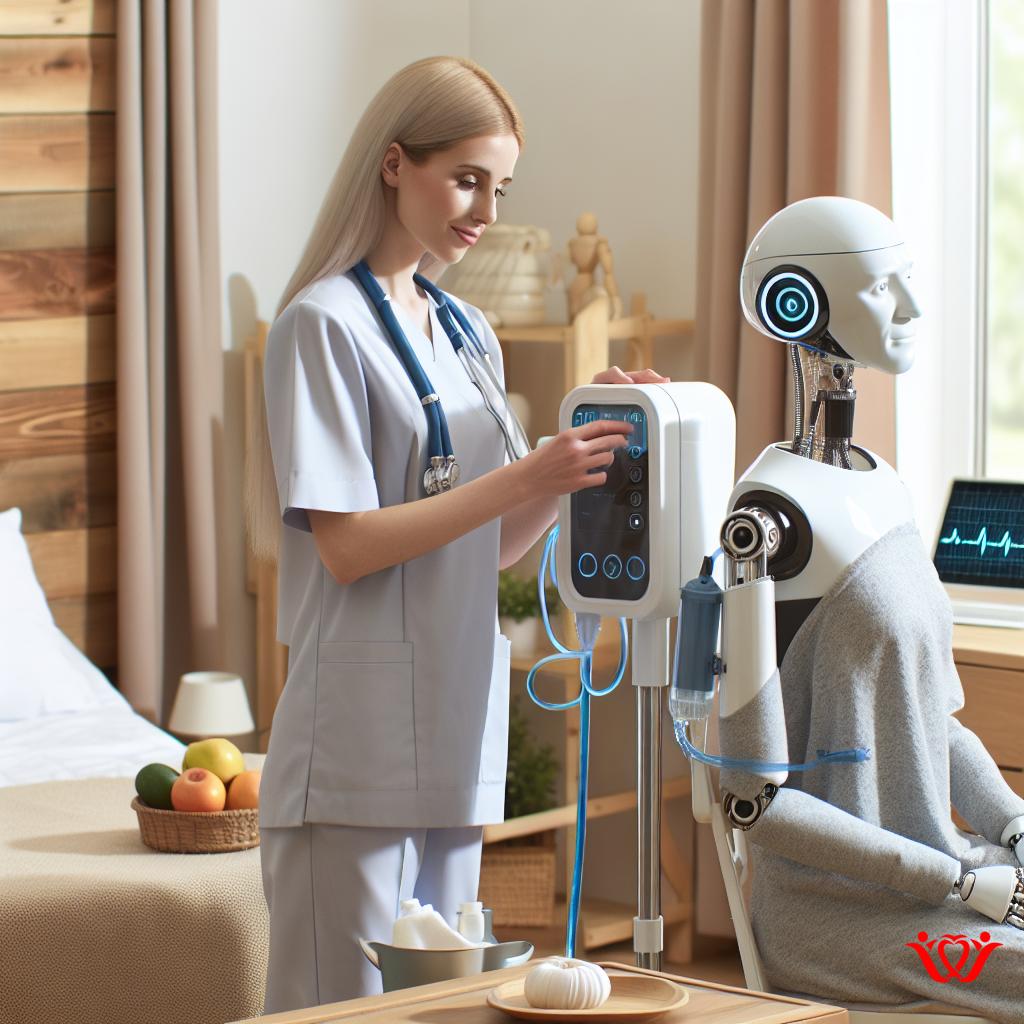
The Rise of Artificial Intelligence in Health Care
Artificial Intelligence (AI) is rapidly transforming various sectors, and home health care is no exception. With the development of AI technologies, home healthcare agencies (HHAs) are witnessing a shift in service provision. But what does AI’s role in home health care mean for HHAs and their staff?
Understanding AI in Home Health Care
AI in home health care involves using technologies like machine learning, natural language processing, and robotics to enhance patient care. These advancements support patient monitoring, data analysis, and even direct patient interaction.
- Machine Learning: Algorithms that process vast amounts of data to aid decision-making.
- Natural Language Processing: Helps facilitate communication between machines and humans.
- Robotics: Robots assist with patient mobility and daily tasks, promoting independence.
Benefits AI Brings to Home Health Care
AI’s integration into home healthcare services offers numerous advantages:
- Enhanced Patient Monitoring: AI devices offer real-time data, allowing for better health tracking.
- Predictive Analytics: AI predicts potential health issues before they arise, enabling preventive care.
- Increased Efficiency: Automating routine tasks allows caregivers to focus on patient interaction.
Potential Challenges and Concerns
Despite the benefits, the rise of AI in home health care raises several concerns for HHAs:
- Job Security: There is an ongoing debate about whether AI will replace human caregivers.
- Data Privacy: With increased data collection comes the risk of privacy breaches.
- High Costs: Initial investments in AI technologies may be prohibitive for some HHAs.
Will AI Replace Human Caregivers?
While AI has the capability to handle repetitive tasks, the necessity for human compassion and empathy cannot be understated. Home care involves emotional intelligence and personal connection, areas where humans excel beyond machines.
How HHAs Can Adapt
HHAs need to evolve with technological advancements to remain competitive and effective. Here are strategies they can consider:
- Staff Training: Equip staff with skills to operate AI technologies effectively.
- Embrace Collaboration: Combine human intuition with AI capabilities for superior care.
- Focus on Human Touch: Highlight the irreplaceable aspects of human care that AI cannot replicate.
The Future Outlook
As AI technologies continue to improve, their role in home health care will likely expand. HHAs should focus on leveraging AI to enhance their services rather than replace their workforce. By prioritizing complementary solutions, HHAs can ensure sustained growth and improved patient outcomes.
For more insights on AI in health care, consider visiting HealthTech.gov to stay updated on the latest advancements.






0 Comments